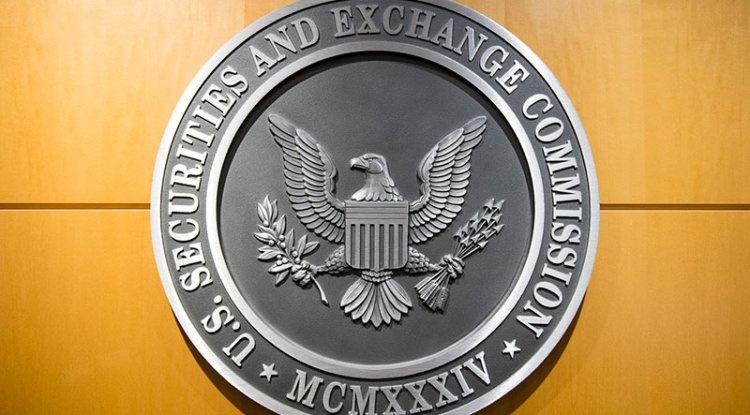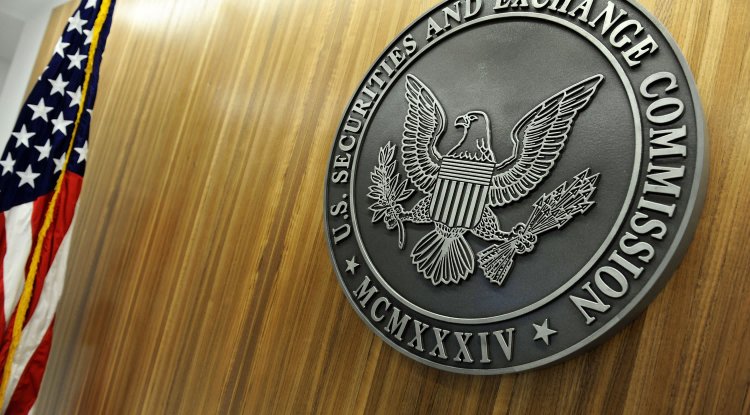Ripple claims that using blockchain technology could save institutions $10,000,000,000.
97% of the 300 finance professionals polled from 45 countries believe blockchain will play a critical role in faster payment systems within the next three years.

According to a recent study conducted by payments company Ripple in collaboration with the US Faster Payments Council, financial institutions could save a significant amount of money by switching to blockchain-based technology. The survey included 300 payments industry leaders from 45 different countries.
According to the survey, 97% of participants think that within the next three years, blockchain technology and cryptocurrencies will play a significant or very significant role in enabling faster payments.
According to the study, using crypto assets on blockchains is about 80% less expensive than using conventional financial networks. The emerging technology is also quicker, clearer, and provides more details about the process.
According to the report, institutions could save about $10 billion by 2030 just by implementing blockchain technology in their systems.
“For respondents, blockchain and crypto technology holds particular promise with respect to transforming cross-border payments. Juniper Research supports this notion, pointing to blockchain’s potential to significantly increase savings for financial institutions conducting cross-border transactions – an estimated $10 billion by 2030 thanks to fast, reliable and transparent payments settlement. Observers shouldn’t underestimate the transformative opportunity here: global cross-border payment flows are expected to reach $156 trillion – driven by a 5% compound annual growth rate.”
According to Ripple's report, people who participated in the survey, particularly in the Middle East and Africa, are optimistic about using crypto-based payment systems for businesses.
According to survey respondents, there are more opportunities for using cryptocurrencies in payments. More than half of the leaders polled believe that most businesses will begin accepting cryptocurrency payments within the next one to three years. The Middle East and Africa are even more optimistic, with 27% of leaders expecting this change to occur within the next year. This optimism in these regions could be attributed to people's growing desire for better access to financial services, including other forms of crypto-enabled payment options such as mobile payments and digital currencies issued by central banks.
What's Your Reaction?



















